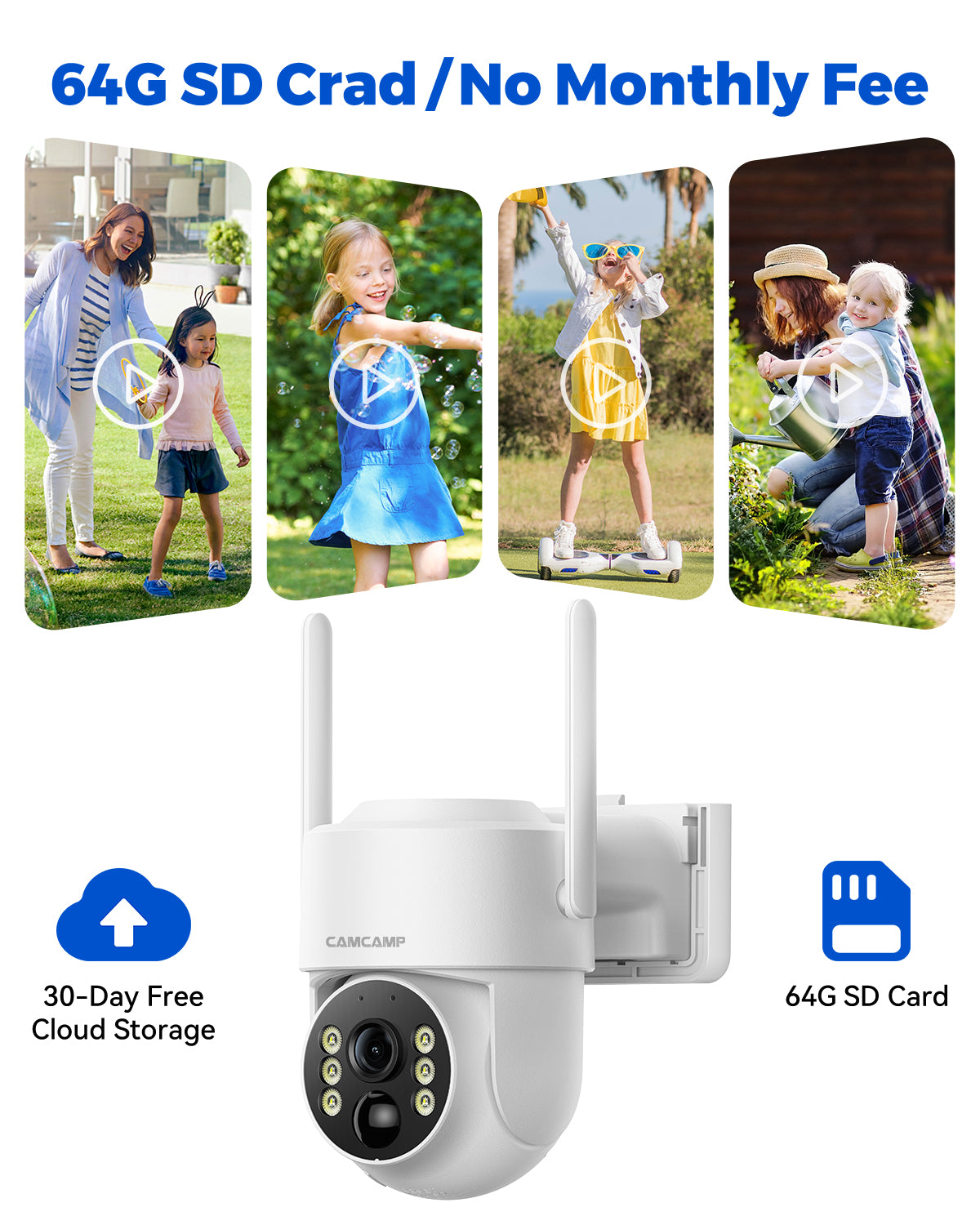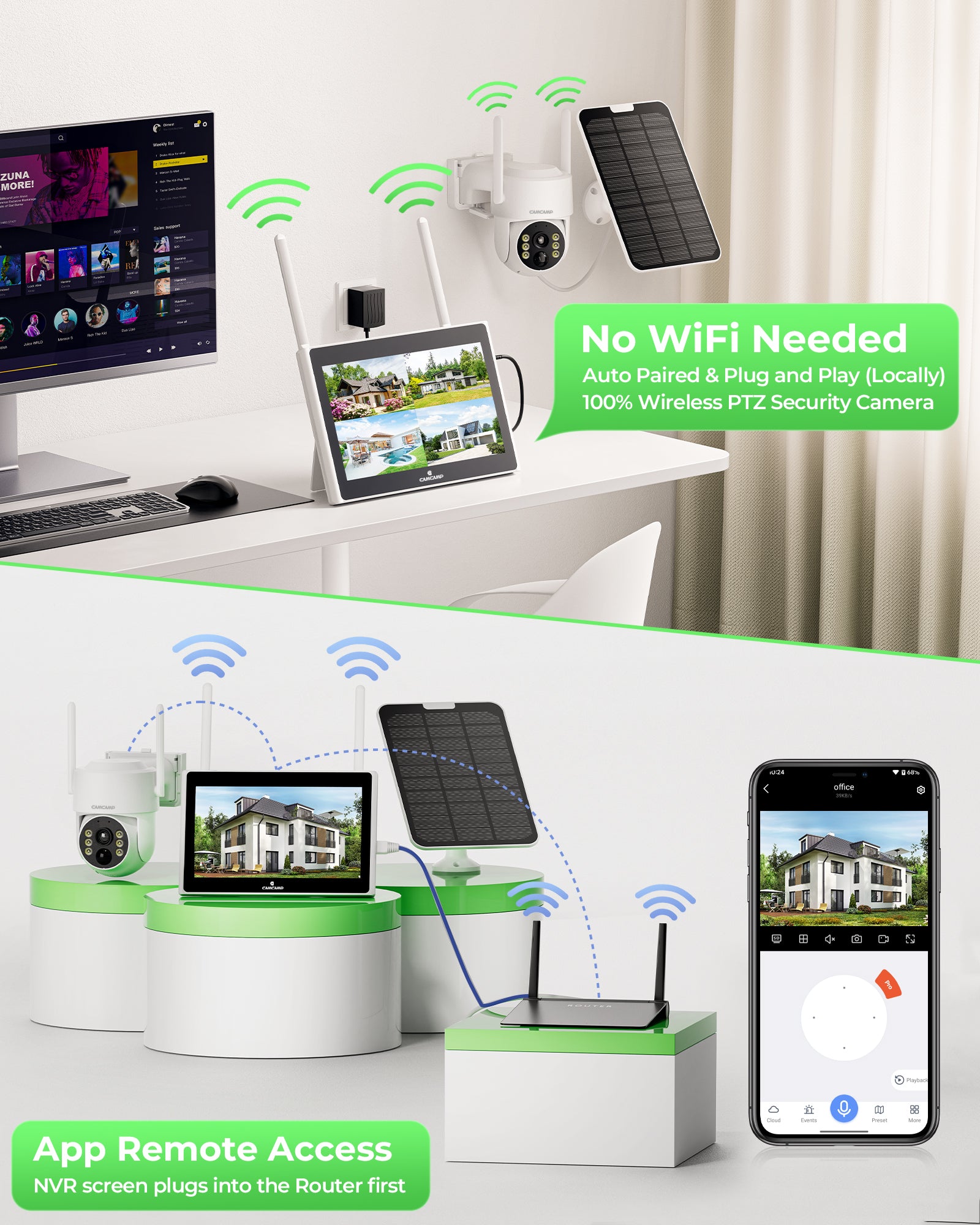Keywords:Security cameras, home security, wireless monitoring, high-definition surveillance cameras, smart security systems
1. Introduction
2. Why do modern homes and businesses need security cameras?
3. Core functions and application scenarios of security cameras
3.1 Applications in the home: How to protect your family and property with security cameras.
3.2 Applications in the enterprise: Prevent theft and improve employee productivity.
4. Different types of security cameras: How to choose the solution that suits you
4.1 Advantages and disadvantages of wired and wireless security cameras.
4.2 Features and selection of indoor and outdoor cameras.
5. Smart functions: How AI changes the way security cameras monitor
5.1 Applications of facial recognition technology and privacy issues.
6. Precautions and best practices for installing security cameras
7. Storage and management of security cameras
8.Conclusion
How security cameras can improve your home and business security: A comprehensive guide
1.Introduction
In today's society, whether it is used at home or in business, security issues have always been one of the top priorities. In order to ensure the safety of property and personnel, more and more people are now considering installing security cameras. Through the continuous advancement of modern technology, security cameras are no longer just a simple tool for viewing surveillance.
They have developed into smarter and safer devices that can provide real-time protection around the clock, which is what every security camera pursues.

2. Why do modern families and businesses need security cameras?
With more and more criminal incidents and people's privacy issues becoming more and more serious, the demand for security in homes and businesses is also growing. As an indispensable part of the security system, security cameras can effectively deter potential criminals and record videos as evidence at critical moments when necessary.
In home use, security cameras can not only help homeowners monitor various situations outside the house, but also protect the safety of their families. When the owner is not at home, they can promptly issue an alarm and notify the homeowner in real time after discovering abnormalities, which improves the safety of the house. Compared with enterprises, the more important role of security cameras is to prevent theft. Sometimes they can also improve the work efficiency of employees and ensure the safety of their working environment.
3. The core functions and application scenarios of security cameras
The functions of security cameras are constantly enhanced with the development of technology. At the beginning, the monitoring could only do the most basic recording, and the picture quality was not high. Now it has been upgraded to record high-definition video. Not only that, it also has multiple functions such as intelligent monitoring and remote control. Whether in home, enterprise, or public places, security cameras can play a huge role.
3.1 Application in the home
Home security cameras are usually installed in places where there are potential safety hazards, such as front doors, backyards, garages, etc. Some home users will also choose to install cameras indoors. For example, if there are elderly people or pets at home alone, it is safer to have a security camera. It can monitor the indoor situation and check various situations at any time with a mobile phone.
3.2 Application in the enterprise
Security cameras in enterprises are more used for anti-theft and supervision. Some stores, factories, offices and other places will install monitoring equipment to ensure the safety of property and prevent potential theft, thereby reducing the crime rate. At the same time, monitoring can also supervise employees' daily work, ensure that employees comply with regulations, and improve work efficiency, but this purpose can be set according to actual conditions.
4. Different types of security cameras: How to choose the solution that suits you
There are many types of security cameras available on the market today. You can choose the most suitable one according to different usage needs. Common types include wired and wireless, indoor and outdoor, etc. The characteristics of each type are introduced below.
4.1 Wired and wireless security cameras
Wired security cameras usually have stable connections and are suitable for scenes that require long-term and large-scale monitoring. Wireless security cameras are more convenient to install, suitable for home users or places where you don't want to drill holes in the wall, and easy to move and adjust the position.
4.2 Indoor and outdoor security cameras
Indoor cameras are usually smaller in size and more concealed in design, suitable for placement in the corner of the home or office. Outdoor cameras need to have waterproof and dustproof functions to meet the work needs under different weather conditions.
5. Smart functions: How AI changes the way security cameras monitor
With the development of artificial intelligence (AI), security cameras are no longer just about "seeing" problems, but can also provide more information through intelligent analysis. For example, dynamic detection and real-time alarm functions can automatically identify suspicious actions and send alerts to users in a timely manner, reducing the risk of missed reports and false alarms.
5.1 Application of facial recognition technology
Facial recognition technology has been widely used in modern security cameras. It can recognize faces and match data with records in the database. It is suitable for a variety of scenarios, such as personnel control at entrances and exits, visitor management, etc.
However, this has also triggered extensive discussions on privacy protection. Because everyone has different concepts and acceptability of privacy, users need to fully understand their privacy risks before using them.
6. Precautions and best practices for installing security cameras
When installing security cameras, if you want to ensure the monitoring effect, you first need to choose a suitable installation location.
Generally speaking, the camera should be installed at a high place with a wide field of view to avoid blind spots. If it is a solar-powered camera, it should be placed in a sunny place to avoid running out of power. At the same time, keep the camera hidden to prevent it from being damaged by intentional people.
7. Storage and management of security cameras
There are many ways to store video recordings, and local storage and cloud storage are the two most common ways. Compared with local storage, cloud storage can access video files anytime and anywhere, and is less likely to be lost or damaged. However, the cost of cloud storage is usually high.
Local storage requires users to prepare SD cards, which is also a good storage method. Users can choose the appropriate storage solution according to their needs.
8. Conclusion
Choosing the right security camera is the key to security protection. In short, security cameras have become an important part of home and corporate security systems. By choosing the right security camera, users can better protect property and personal safety, and enjoy an intelligent and convenient security experience.
In the future, with the further development of technology, security cameras will become more intelligent and provide more comprehensive protection services. Let us look forward to its development together!







Leave a comment
This site is protected by hCaptcha and the hCaptcha Privacy Policy and Terms of Service apply.